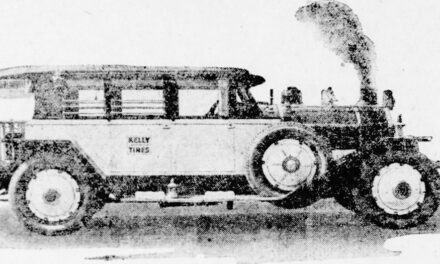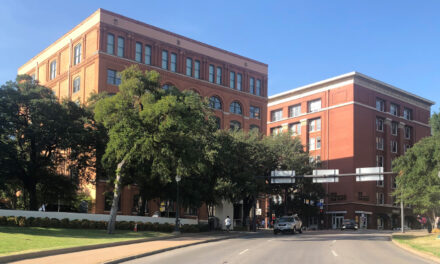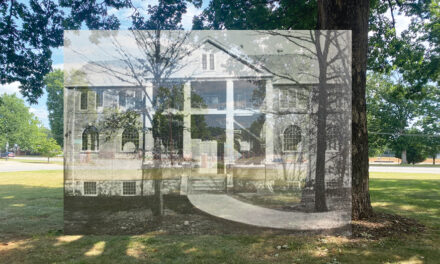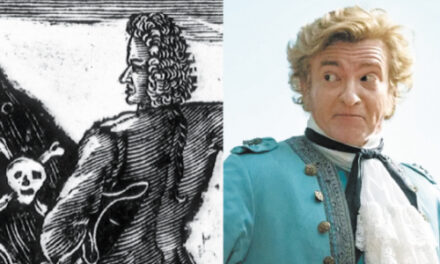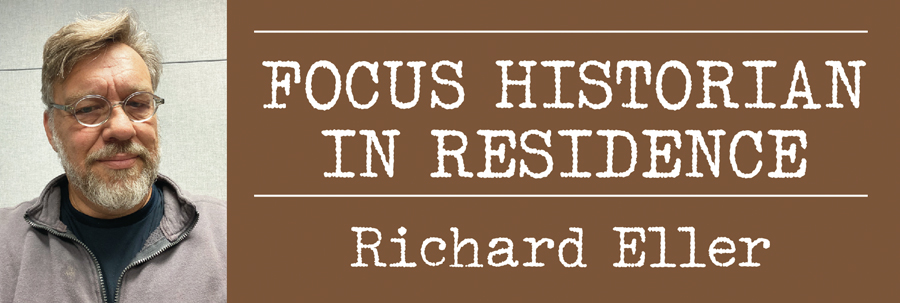
Dare I say it, history is not always accurate. The exploration of the past is often much more about who we are today than what we once were. Think about our selectivity of subjects to study and their relevance to us today as a reason we are compelled to dig into them. Last week, the subject of town names cropped up. How does a place get to be known by a certain designation is an interesting climb into the psyche of those who named it. The rest of us just accept the title and use them. That doesn’t mean all these origin stories are fully accurate, but its the best we’ve got.
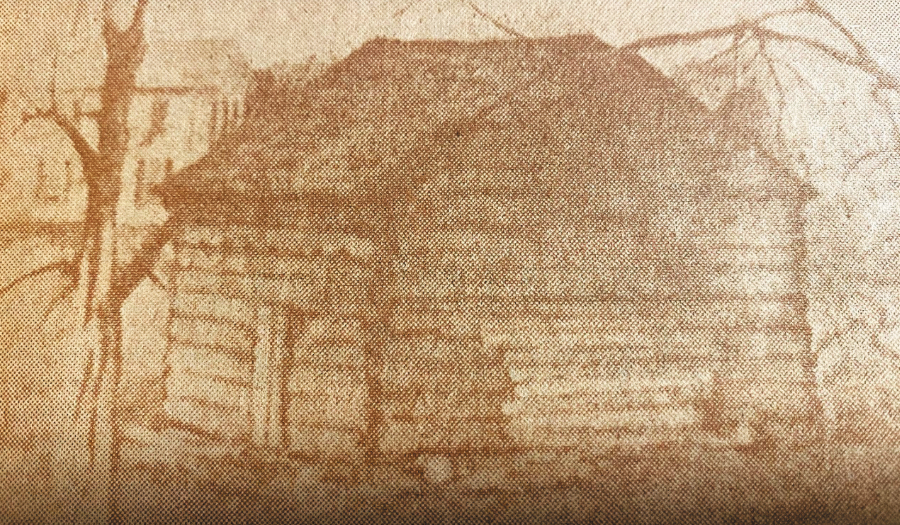
Photo: Would you spend the night in a place like this? One version of the original Hickory Tavern.
Among the most mysterious is Hickory. What began as Hickory Tavern was shortened, some said to get the taint of alcohol off of the town, which was a fledgling when they dropped the second word. But how did the tavern get that moniker in the first place. Probably, the easiest answer is the best. If the stopover was located in or near a grove of hickory trees, it likely became known from just such an association. There was the story of a single hickory tree in the front yard of the tavern as inspiration. Some claimed it was named for Lancaster, Pennsylvania, once named for the Hickory Indians who lived there and a location from which many immigrants came as they traveled down the Great Wagon Road, looking for a permanent home. Legend has it too that the proprietor of the tavern, called an “ordinary” in its day, used a hickory switch on his wife and family when their level of service to customers didn’t suit him. As you can figure, all of these cannot be true.
Was Maiden named for a fair, young woman? We don’t know. All anyone will generally say was the town was named for Maiden Creek which runs nearby. No word on it how it got its name. Some places are named in honor of someone. Morganton for Revolutionary War general (and genius) Daniel Morgan, Lenoir for General William Lenoir who had his ponytail (called a queue) shot off at Kings Mountain, and Lincolnton for General Benjamin Lincoln of the same war as the others (not Abe who had not been born when the town was established in 1785).
Maybe the most interesting names come as hybrids, places that use two names, not one. Weeks earlier we learned about Rhodhiss as the smashup of Rhodes and Hiss who started the town. Brookford is similar with Henry Holbrook and E.L. Shuford supplying the component pieces. Up in Caldwell County, a suburb of Lenoir is uniquely known as Whitnel, so called because of F.B. White and J.L. Nelson. It’s odd, but accepted and much better than what they called the area prior, Treeland.
Some of these naming choices seem likely. After all, where can you find the word Rhodhiss used except as a singular, unique town. Luckily, we were not stuck with something like Hissrhod. That would be too weird to say. It’s lore, that gave us these names, some that have hung on over generations to become accepted, whether or not they are the true origins of the place we call home.



